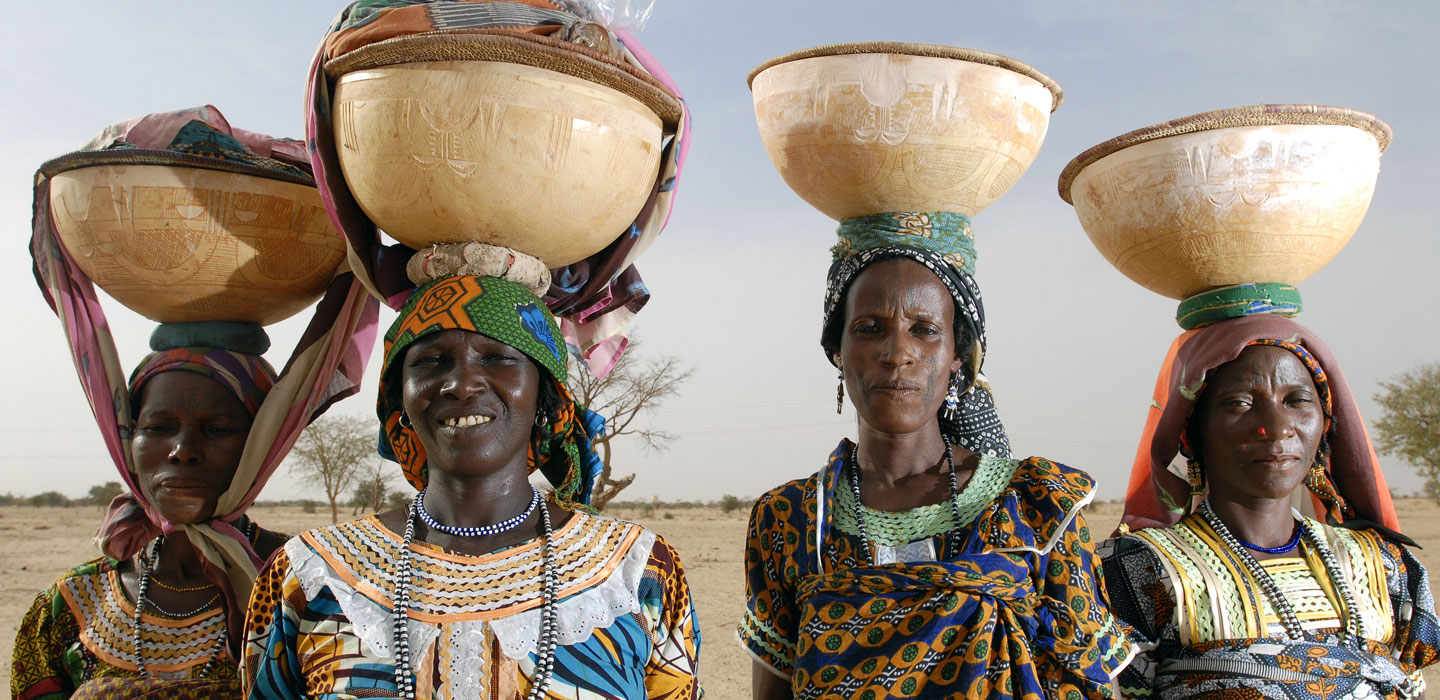Herramientas y Guías
Herramientas y Guías

Herramientas y Guías
Visualización del menú
Search Results Filters
Resultados de la búsqueda
The Multidimensional Poverty Assessment Tool (MPAT) User's guide
MPAT was originally developed in China and India. In China, iterative testing was conducted in 2008 in order to refine and improve the draft Household and Village Surveys. After five rounds of testing in China and India, the project team felt that the surveys and indicators were sufficiently developed to warrant a large-scale pilot in both countries.
In China, the pilot was conducted in the context of an ongoing IFAD-supported project in Gansu Province in China’s arid north. The data from the pilots in China and India (see also Box 2 and Box 3) were then shared with the European Commission’s Joint Research Centre so they could conduct an independent evaluation of MPAT. Results from a pilot village in China are presented, together with a photo of farmers planting seeds below.
Instrumento multidimensional de evaluación de la pobreza (MPAT)
El Instrumento de evaluación de la pobreza multidimensional proporciona datos que pueden informar a todos los niveles de la toma de decisiones al ofrecer una comprensión más clara de la pobreza rural a nivel de los hogares y las aldeas. Como resultado, la MPAT puede reforzar significativamente la planificación, el diseño, el seguimiento y la evaluación de un proyecto, y contribuir así a la reducción de la pobreza rural.
Voluntary Guidelines on the Responsible Governance of Tenure of Land, Fisheries and Forests - Implications for IFAD
Following an inclusive consultation and negotiation process, which involved more than 70 countries, international organizations, and representatives of the civil society and the private sector, the Voluntary Guidelines on the Responsible Governance of Tenure of Land, Fisheries and Forests in the Context of National Food Security (VGs) were officially endorsed by the Committee on World Food Security on 11 May 2012. The VGs set out principles, technical recommendations and practices for improving the governance of tenure of land, fisheries and forests. They promote secure tenure rights and equitable access to these resources as a means of eradicating hunger and poverty, supporting sustainable development and protecting the environment. They give recommendations to countries and to other key actors, who are strongly encouraged to adopt and use them on a voluntary basis.
République du Niger: Note technique par pays sur les populations autochtones
La République du Niger a une population multi-ethnique, parmi laquelle, les Touareg, les Peulh et les Toubou s‘auto-identifient comme autochtones.